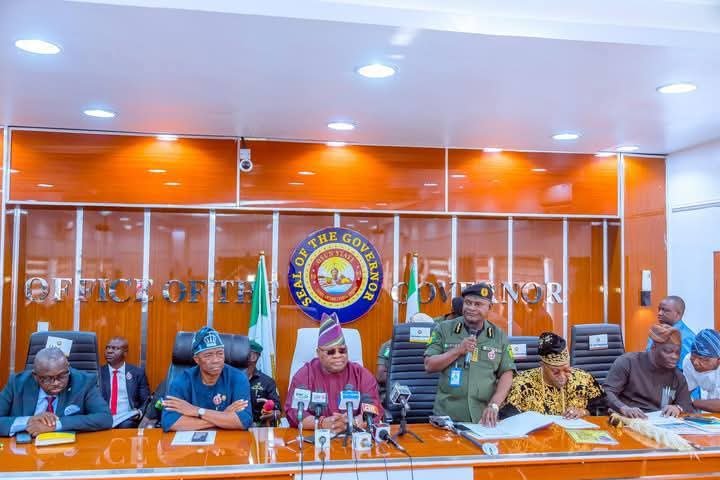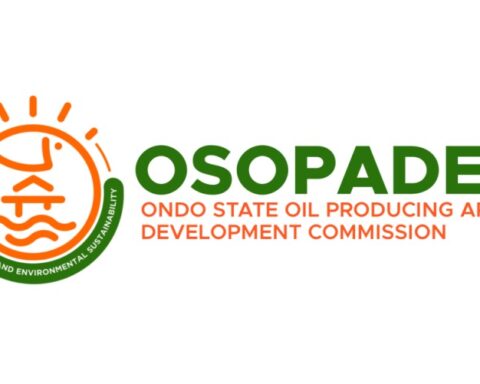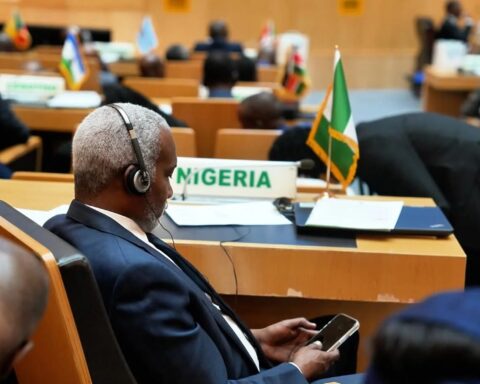Osun State Governor, Ademola Adeleke, has handed over the Oba hills forest reserve to the federal government to be managed as a national park.
Noting that the reserve spans about 4,225 hectares and cuts across Iwo, Ejigbo and Ola-Oluwa Local Government Areas, Adeleke said the site is also home to five unique hills which provide habitats for diverse plants and animals.
Speaking earlier today (Wednesday, December 11) at the hand-over ceremony in Osogbo, the State capital, Adeleke explained that the state government engaged the Nigerian Conservation Foundation (NCF) in April 2013 to conduct a comprehensive survey of the reserve because the animals are endangered due to logging, hunting and similar human activities, urging the National Park Service to prioritise the recruitment of qualified indigenes of Osun as officers and men to operate the park.
In his response, the Minister of Environment, Balarabe Abass, who was represented by the conservator general, Musa Ibrahim, noted that the Park would undoubtedly become an ecotourism hotspot, attracting visitors from far and wide and contributing not only to the local economy but also to the country’s GDP as a whole.
He said: “The service will absorb indigene of this state who indicated interest in working with the Federal Government and tax (Paye) will be remitted to the State.
“There are opportunities for indigenous contractors and other job seekers to be empowered. Apart from the carbon credit market that will improve the resources of the state, opportunities abound for access to green funds, climate funds and funds for many other infrastructure projects such as roads, portable water, procurement of drugs and educational material.
“These are some of the benefits that the service could provide as part of its corporate social responsibility in collaboration with donor agencies development partners such as the United Nations Office on Drugs and Crime (UNODC), African Nature Investor (ANI), United Nations Industrial Development Organization (UNIDO) Sustainable Conservation Education for Rural Areas (SCERA), Wildlife Conservation Society (WCS), United Nations Development Programme (UNDP), Food and Agriculture Organization (FAO), Global Environment Facility (GEF) etc.
“Small and medium scale businesses and agro forestry provided by our development partners will also improve the lives of the rural poor, especially women, thereby minimizing their vulnerability to climate change.”



























